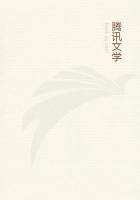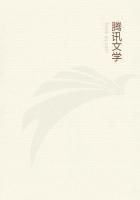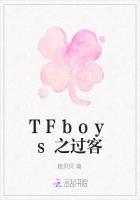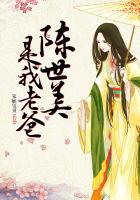The great English novelists of the eighteenth century turned the course of English Literature out of its older channel. Her streams had descended from the double peaks of Parnassus to irrigate the enamelled fields and elegant parterres of poetry and the drama, as the critics of the period might have said. But Richardson, Fielding, Smollett, and Sterne, diverted the waters, from poetry and plays, into the region of the novel, whither they have brought down a copious alluvial deposit. Modern authors do little but till this fertile Delta: the drama is now in the desert, poetry is a drug, and fiction is literature. Among the writers who made this revolution, Smollett is, personally, the least well known to the world, despite the great part which autobiography and confessions play in his work. He is always talking about himself, and introducing his own experiences. But there is little evidence from without; his extant correspondence is scanty; he was not in Dr.
Johnson's circle, much less was he in that of Horace Walpole. He was not a popular man, and probably he has long ceased to be a popular author. About 1780 the vendors of children's books issued abridgments of "Tom Jones" and "Pamela," "Clarissa" and "Joseph Andrews," adapted to the needs of infant minds. It was a curious enterprise, certainly, but the booksellers do not seem to have produced "Every Boy's Roderick Random," or "Peregrine Pickle for the Young." Smollett, in short, is less known than Fielding and Sterne, even Thackeray says but a word about him, in the "English Humorists," and he has no place in the series of "English Men of Letters."What we know of Smollett reveals a thoroughly typical Scot of his period; a Scot of the species absolutely opposed to Sir Pertinax Macsycophant, and rather akin to the species of Robert Burns.
"Rather akin," we may say, for Smollett, like Burns, was a humorist, and in his humour far from dainty; he was a personal satirist, and a satirist far from chivalrous. Like Burns, too, he was a poet of independence; like Burns, and even more than Burns, in a time of patronage he was recalcitrant against patrons. But, unlike Burns, he was farouche to an extreme degree; and, unlike Burns, he carried very far his prejudices about his "gentrice," his gentle birth. Herein he is at the opposite pole from the great peasant poet.
Two potent characteristics of his country were at war within him.
There was, first, the belief in "gentrice," in a natural difference of kind between men of coat armour and men without it. Thus Roderick Random, the starving cadet of a line of small lairds, accepts the almost incredible self-denial and devotion of Strap as merely his due. Prince Charles could not have taken the devotion of Henry Goring, or of Neil MacEachain, more entirely as a matter of course, involving no consideration in return, than Roderick took the unparalleled self-sacrifice of his barber friend and school-mate. Scott has remarked on this contemptuous and ungrateful selfishness, and has contrasted it with the relations of Tom Jones and Partridge. Of course, it is not to be assumed that Smollett would have behaved like Roderick, when, "finding the fire in my apartment almost extinguished, I vented my fury upon poor Strap, whose ear I pinched with such violence that he roared hideously with pain . . . " To be sure Roderick presently "felt unspeakable remorse . . . foamed at the mouth, and kicked the chairs about the room." Now Strap had rescued Roderick from starvation, had bestowed on him hundreds of pounds, and had carried his baggage, and dined on his leavings. But Strap was not gently born!
Smollett would not, probably, have acted thus, but he did not consider such conduct a thing out of nature.
On the other side was Smollett's Scottish spirit of independence.
As early as 1515, James Ingles, chaplain of Margaret Tudor, wrote to Adam Williamson, "You know the use of this country. . . . The man hath more words than the master, and will not be content except he know the master's counsel. There is no order among us." Strap had the instinct of feudal loyalty to a descendant of a laird. But Smollett boasts that, being at the time about twenty, and having burdened a nobleman with his impossible play, "The Regicide,""resolved to punish his barbarous indifference, and actually discarded my Patron." HE was not given to "booing" (in the sense of bowing), but had, of all known Scots, the most "canty conceit o'

